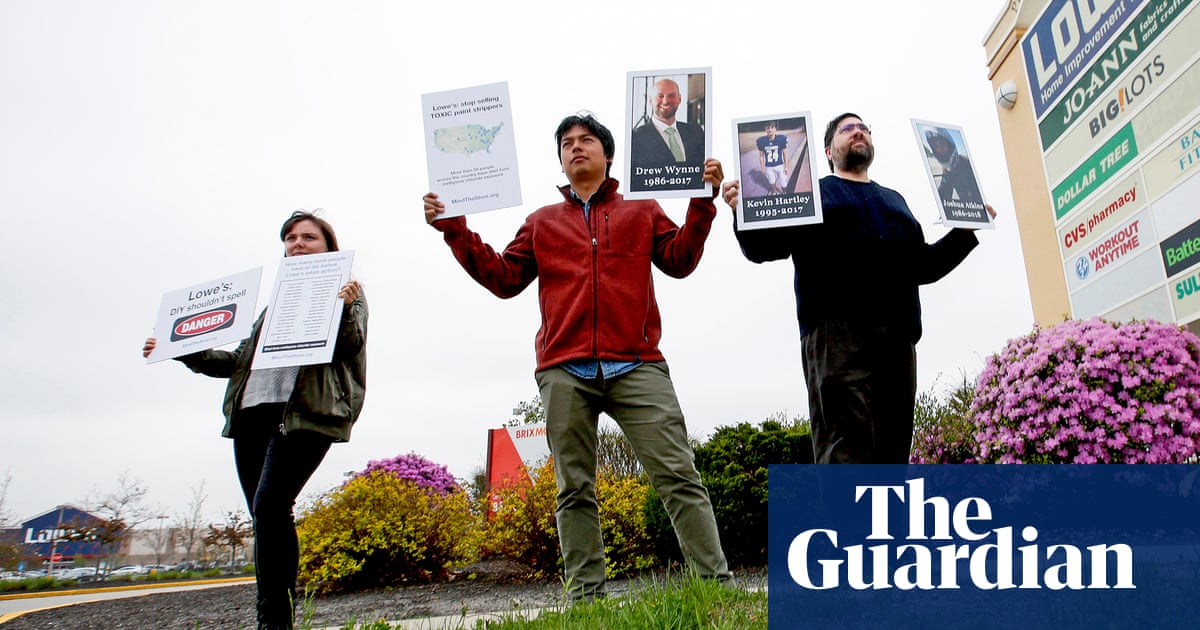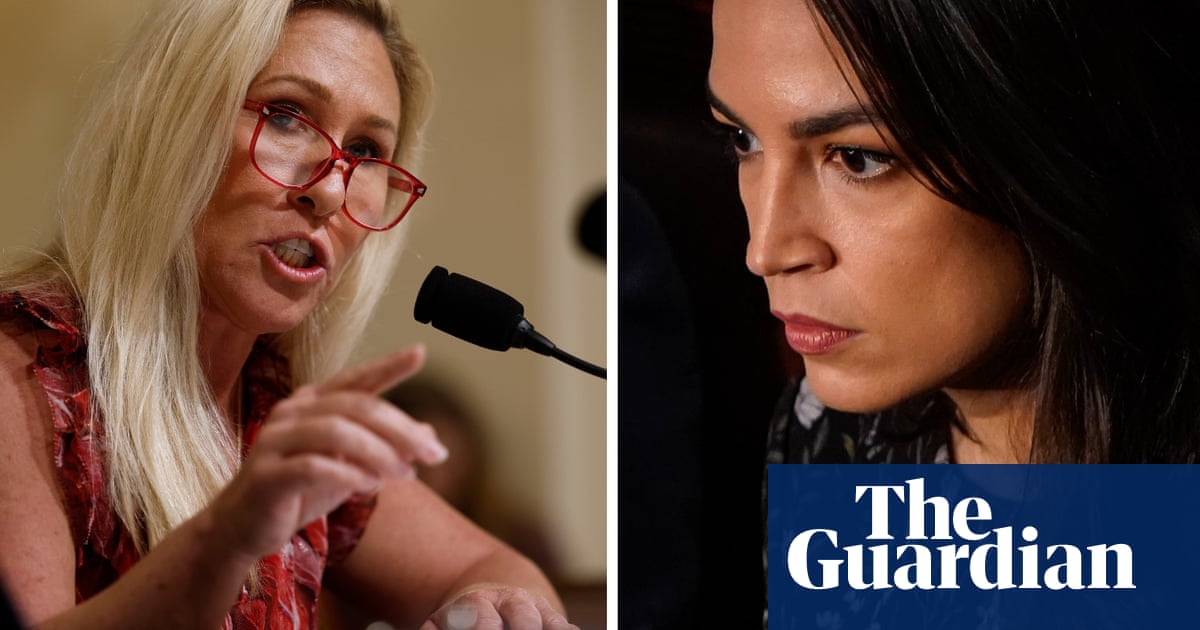The Environmental Protection Agency (EPA) announced on Tuesday that it will ban most uses of methylene chloride, a colorless liquid used for stripping paint, cleaning metal, and even decaffeinating coffee. The chemical has been linked to dozens of deaths and advocates have long called for its ban.
The new rule will require stronger worker safety protections from the harmful carcinogen for the remaining “critical” uses. All consumer use will be prohibited within a year, while most commercial and industrial use will be phased out within the next two years.
“Exposure to methylene chloride has devastated families across this country for too long,” said the EPA administrator, Michael Regan. “EPA’s final action brings an end to unsafe methylene chloride practices, ensuring no one in this country is put in harm’s way by this dangerous chemical.”
The EPA previously banned the sale of methylene chloride as a paint stripper back in 2019. A known carcinogen, methylene chloride can also cause neurotoxicity, liver damage, and in acute cases, death. Since 1980, at least 88 people have died from severe exposure to the chemical.
Most of those who died were workers who used methylene chloride for stripping paint or refinishing bathtubs. Through inhalation and skin contact, long-term exposure is associated with multiple cancers including lung, breast, brain, and cancer of the blood.
“Science has told us for decades about the dangers of methylene chloride,” said Wendy Hartley, who’s been pushing for stricter regulations of the chemical since 2017, when her 21-year-old son Kevin Hartley died from acute exposure from refinishing a bathtub at work. “I knew that there was nothing that I could do to bring my son back, but I was determined to do everything that I could to try to prevent others from experiencing the hell that my family had gone through.”
The ban unveiled on Tuesday is estimated to take 50% of the methylene chloride off the market. But the agency is not banning all uses, such as in the case of producing refrigerant chemicals, batteries for electric vehicles, plastic and rubber manufacturing, as well as use-critical military and other federal use.
“I wish these protections had been in place earlier, because for many families they’re coming too late,” said the EPA assistant administrator Michal Freedhoff.
after newsletter promotion
The EPA rule does not extend to uses regulated by another agency like pharmaceuticals and food, which are overseen by the Food and Drug Administration (FDA). Methylene chloride is commonly used to decaffeinate coffee. When applied directly to the beans, the solvent binds to the caffeine and removes it. Earlier this year, the Environmental Defense Fund petitioned the FDA to remove the chemical from the process of producing decaffeinated coffee.



